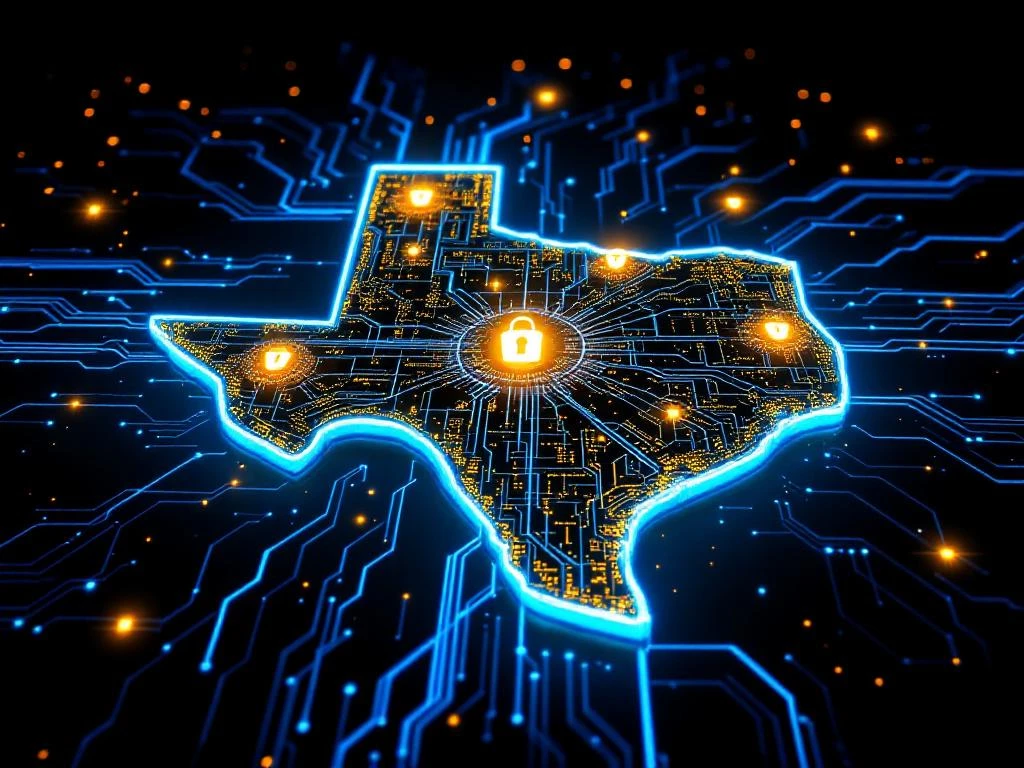Interview questions designed to reveal strategic thinking in eDiscovery candidates focus on their ability to balance technical expertise with legal knowledge, anticipate challenges, and manage complex data volumes efficiently. The most effective questions evaluate problem-solving through realistic scenarios, assess adaptability beyond basic tool proficiency, examine project management capabilities, and probe communication skills across technical and legal domains. These questions help identify candidates who can navigate the complexities of eDiscovery projects while maintaining data integrity and meeting strict legal requirements.
What makes strategic thinking essential in eDiscovery professionals?
Strategic thinking is vital in eDiscovery professionals because the field sits at the intersection of law, technology, and information management, requiring professionals who can navigate complex challenges with foresight and adaptability.
In eDiscovery, professionals must understand not only the technical aspects of data collection, processing, and review but also the legal implications of their actions. This dual expertise demands strategic thinking to anticipate how technical decisions might impact case strategy, legal defensibility, and cost management.
For example, when faced with a large corporate litigation matter, an eDiscovery specialist must decide which data sources are potentially relevant, how to collect information without disrupting business operations, and how to process data efficiently while maintaining chain of custody. These decisions require
forward-thinking analysis that balances technical possibilities with legal requirements.
Moreover, eDiscovery professionals must anticipate potential challenges before they arise. Data may be stored in legacy systems, protected by various security measures, or scattered across multiple jurisdictions with different privacy laws. A strategically-minded professional will develop contingency plans for these obstacles rather than addressing problems reactively.
Additionally, eDiscovery projects often involve managing large volumes of data under strict deadlines. Strategic thinkers can prioritise effectively, allocate resources wisely, and maintain quality while meeting demanding timelines. They understand that poor strategic decisions early in a case can lead to costly remediation later.
How can scenario-based questions reveal problem-solving abilities?
Scenario-based questions effectively reveal a candidate’s problem-solving abilities by placing them in realistic eDiscovery situations that demand critical thinking, adaptability, and practical solutions rather than textbook answers.
When interviewing candidates, present them with challenging yet realistic scenarios such as: “You’ve been asked to collect data from a departing executive’s devices and cloud accounts within 24 hours. The executive is being uncooperative, and you discover they’ve used personal applications for business communications. How would you approach this situation?”
Strong candidates demonstrate
multidimensional thinking by addressing both technical and legal aspects of the scenario. They might discuss preservation notices, involvement of legal counsel, forensic collection methods, and documentation procedures. They’ll consider stakeholder management alongside technical solutions.
Weak responses typically focus only on technical steps without considering legal implications, or they might provide rigid answers that don’t account for the unique challenges presented in the scenario.
Another effective scenario might involve conflicting priorities: “You’re managing two critical eDiscovery projects simultaneously. One involves a regulatory investigation with a strict deadline, while the other is a complex litigation with a larger scope but more flexible timeline. Your resources are limited. How would you manage these competing priorities?”
Listen for candidates who can articulate a clear decision-making framework, demonstrate understanding of risk assessment, and show how they would communicate trade-offs to stakeholders. The ability to
find strategic solutions under pressure reveals much more about a candidate’s potential effectiveness than questions about specific tool knowledge.
What technical assessment questions measure both knowledge and adaptability?
Technical assessment questions that measure both knowledge and adaptability go beyond tool-specific knowledge to evaluate how candidates understand underlying principles, approach unfamiliar technologies, and stay current with evolving eDiscovery standards.
Rather than asking candidates to list features in specific eDiscovery platforms, focus on questions that reveal their understanding of core eDiscovery concepts and their ability to apply them across different technological environments. For example: “Describe how you would approach data processing and deduplication when dealing with multiple data sources that contain overlapping information but in different formats.”
This type of question reveals whether candidates understand the
fundamental principles that apply across all eDiscovery tools, rather than just memorised procedures for a specific platform.
Questions about adapting to new technologies are particularly revealing: “Tell me about a time when you had to quickly learn a new eDiscovery tool or technology for a project. How did you approach the learning process, and how did you ensure the quality of your work while climbing the learning curve?”
Look for candidates who discuss their learning methodology, how they leverage existing knowledge to understand new systems, and their approach to validating results when using unfamiliar tools.
It’s also valuable to assess how candidates stay current: “How do you keep up with changes in eDiscovery technology and best practices? Can you give me an example of a recent development you’ve incorporated into your work?”
Strong answers demonstrate proactive learning habits, engagement with professional communities, and the ability to evaluate and implement new approaches rather than simply sticking with familiar methods.
How do you evaluate a candidate’s project management capabilities?
To evaluate a candidate’s project management capabilities, ask questions that assess their ability to plan comprehensively, prioritise effectively, manage resources, handle unexpected challenges, and guide stakeholders through complex eDiscovery projects.
Start with questions about planning and scoping: “Walk me through how you would approach planning an eDiscovery project for a large corporate investigation where the scope is initially unclear.” Strong candidates will discuss information gathering, stakeholder interviews, risk assessment, and creating flexible project plans that can adapt as more information becomes available.
Questions about resource allocation reveal critical thinking skills: “Describe how you would allocate resources for a discovery project with a fixed budget but uncertain scope. What factors would influence your decisions?” Look for candidates who consider the balance between human and technological resources, discuss contingency planning, and demonstrate understanding of
cost-benefit analysis in eDiscovery decisions.
Probe their experience with unexpected challenges: “Tell me about a time when an eDiscovery project faced a significant unexpected obstacle. How did you respond, and what was the outcome?” Strong responses will show adaptability, decisive action, transparent communication with stakeholders, and lessons learned.
Assess their stakeholder management approach: “How do you manage expectations when technical limitations or unforeseen data challenges mean you cannot meet the initially agreed timeline?” Candidates should discuss proactive communication strategies, presenting options rather than just problems, and maintaining trust through transparency.
Finally, evaluate their quality assurance thinking: “How do you ensure the quality and defensibility of an eDiscovery process from start to finish?” This reveals whether they understand the importance of documentation, validation steps, chain of custody, and other critical aspects of defensible eDiscovery.
What communication-focused questions identify strategic collaboration skills?
Communication-focused questions that identify strategic collaboration skills reveal a candidate’s ability to bridge technical and legal domains, explain complex concepts clearly, and navigate difficult conversations in the high-pressure environment of eDiscovery projects.
One effective approach is to ask about interdisciplinary communication: “Describe how you would explain the concept of data culling and its implications to a litigation team with limited technical background.” Strong candidates will demonstrate the ability to translate technical concepts into business and legal terms, use appropriate analogies, and focus on implications rather than technical details.
Questions about managing difficult conversations are revealing: “Tell me about a time when you had to inform stakeholders that their expectations for an eDiscovery project were unrealistic. How did you approach the conversation, and what was the outcome?” Look for evidence of
diplomatic assertiveness—the ability to deliver difficult messages while maintaining productive working relationships.
Assess how candidates handle conflicts between technical and legal priorities: “How would you respond if the legal team wanted to take an approach to document review that you believed was technically inefficient or potentially problematic?” This reveals whether candidates can advocate effectively for technical best practices while respecting legal requirements and finding constructive compromises.
Communication during crises also demonstrates strategic thinking: “Describe your approach to communication when an eDiscovery project encounters an urgent problem that might impact deadlines.” Strong candidates will discuss escalation protocols, appropriate level of detail for different audiences, and balancing transparency with solution-oriented messaging.
These questions help identify candidates who can serve as effective bridges between technical and legal teams—a critical skill in eDiscovery environments where collaboration across disciplines is essential for success.
At Iceberg, we understand the unique challenges of finding eDiscovery professionals who combine technical expertise with strategic thinking abilities. Our specialised recruitment approach helps identify candidates who can navigate the complexities of modern eDiscovery projects. If you’re looking to strengthen your eDiscovery team with strategically-minded professionals,
contact our specialised recruitment team for guidance on finding candidates who can truly make a difference in your organisation.















